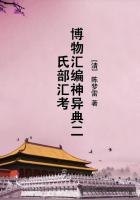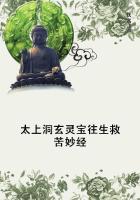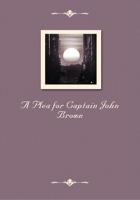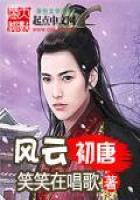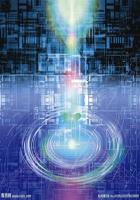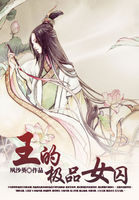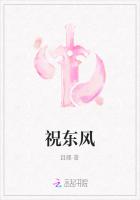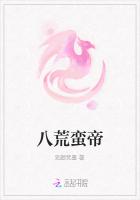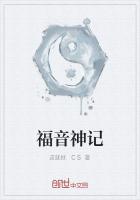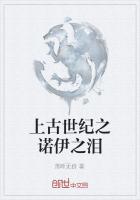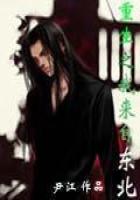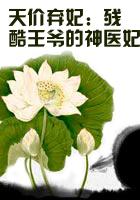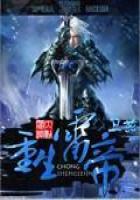He tells us how on the Thursday before Easter of the year 1300 he had lost his way in a dense forest and how he found his path barred by a leopard and a lion and a wolf. He gave himself up for lost when a white figure appeared amidst the trees. It was Virgil, the Roman poet and philosopher, sent upon his errand of mercy by the Blessed Virgin and by Beatrice, who from high Heaven watched over the fate of her true lover. Virgil then takes Dante through Purgatory and through Hell. Deeper and deeper the path leads them until they reach the lowest pit where Lucifer himself stands frozen into the eternal ice surrounded by the most terrible of sinners, traitors and liars and those who have achieved fame and success by lies and by deceit. But before the two wanderers have reached this terrible spot, Dante has met all those who in some way or other have played a role in the history of his beloved city. Emperors and Popes, dashing knights and whining usurers, they are all there, doomed to eternal punishment or awaiting the day of deliverance, when they shall leave Purgatory for Heaven.
It is a curious story. It is a handbook of everything the people of the thirteenth century did and felt and feared and prayed for. Through it all moves the figure of the lonely Florentine exile, forever followed by the shadow of his own despair.
And behold! when the gates of death were closing upon the sad poet of the Middle Ages, the portals of life swung open to the child who was to be the first of the men of the Renaissance. That was Francesco Petrarca, the son of the notary public of the little town of Arezzo.
Francesco's father had belonged to the same political party as Dante. He too had been exiled and thus it happened that Petrarca (or Petrarch, as we call him) was born away from Florence. At the age of fifteen he was sent to Montpellier in France that he might become a lawyer like his father. But the boy did not want to be a jurist. He hated the law. He wanted to be a scholar and a poet--and because he wanted to be a scholar and a poet beyond everything else, he became one, as people of a strong will are apt to do. He made long voyages, copying manuscripts in Flanders and in the cloisters along the Rhine and in Paris and Liege and finally in Rome.
Then he went to live in a lonely valley of the wild mountains of Vaucluse, and there he studied and wrote and soon he had become so famous for his verse and for his learning that both the University of Paris and the king of Naples invited him to come and teach their students and subjects. On the way to his new job, he was obliged to pass through Rome. The people had heard of his fame as an editor of half-forgotten Roman authors. They decided to honour him and in the ancient forum of the Imperial City, Petrarch was crowned with the laurel wreath of the Poet.
From that moment on, his life was an endless career of honour and appreciation. He wrote the things which people wanted most to hear. They were tired of theological disputations. Poor Dante could wander through hell as much as he wanted. But Petrarch wrote of love and of nature and the sun and never mentioned those gloomy things which seemed to have been the stock in trade of the last generation. And when Petrarch came to a city, all the people flocked out to meet him and he was received like a conquering hero. If he happened to bring his young friend Boccaccio, the story teller, with him, so much the better. They were both men of their time, full of curiosity, willing to read everything once, digging in forgotten and musty libraries that they might find still another manuscript of Virgil or Ovid or Lucrece or any of the other old Latin poets. They were good Christians. Of course they were! Everyone was. But no need of going around with a long face and wearing a dirty coat just because some day or other you were going to die. Life was good. People were meant to be happy. You desired proof of this? Very well.
Take a spade and dig into the soil. What did you find?
Beautiful old statues. Beautiful old vases. Ruins of ancient buildings. All these things were made by the people of the greatest empire that ever existed. They ruled all the world for a thousand years. They were strong and rich and handsome (just look at that bust of the Emperor Augustus!). Of course, they were not Christians and they would never be able to enter Heaven. At best they would spend their days in purgatory, where Dante had just paid them a visit.
But who cared? To have lived in a world like that of ancient Rome was heaven enough for any mortal being. And anyway, we live but once. Let us be happy and cheerful for the mere joy of existence.
Such, in short, was the spirit that had begun to fill the narrow and crooked streets of the many little Italian cities.
You know what we mean by the "bicycle craze" or the "automobile craze." Some one invents a bicycle. People who for hundreds of thousands of years have moved slowly and painfully from one place to another go "crazy" over the prospect of rolling rapidly and easily over hill and dale. Then a clever mechanic makes the first automobile. No longer is it necessary to pedal and pedal and pedal. You just sit and let little drops of gasoline do the work for you. Then everybody wants an automobile. Everybody talks about Rolls-Royces and Flivvers and carburetors and mileage and oil. Explorers penetrate into the hearts of unknown countries that they may find new supplies of gas. Forests arise in Sumatra and in the Congo to supply us with rubber. Rubber and oil become so valuable that people fight wars for their possession.

